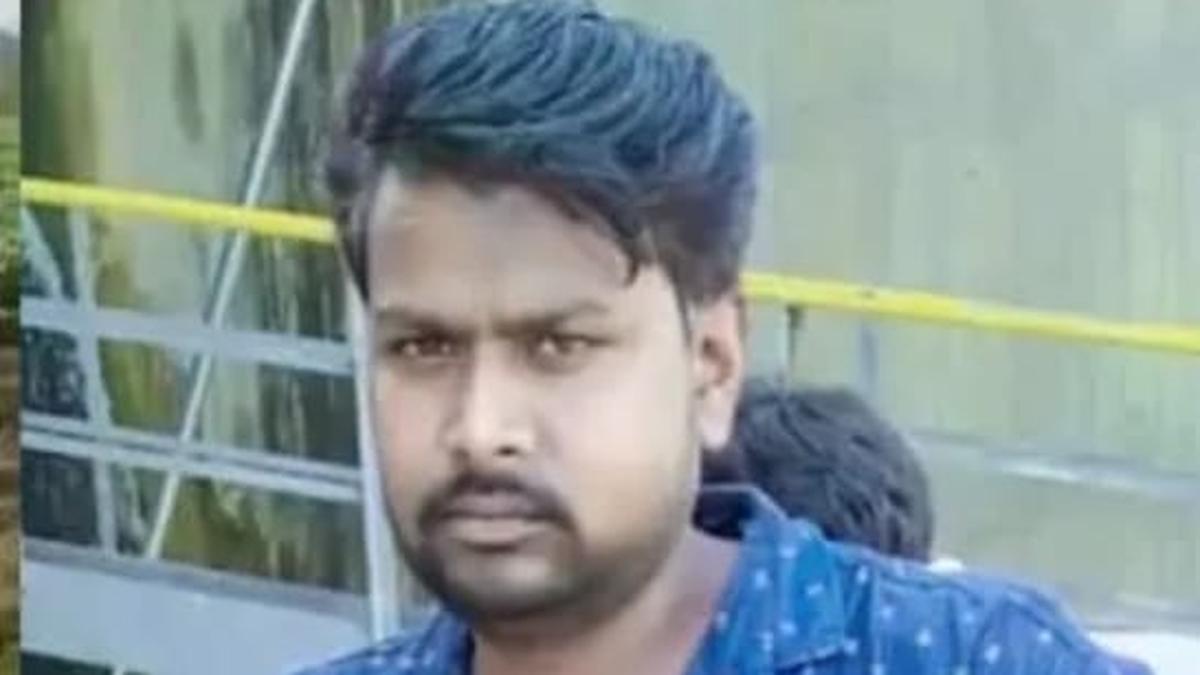 |
|
The brutal murder of a 30-year-old Dalit man, Narad Jatav, in the Shivpuri district of Madhya Pradesh has sent shockwaves across India. The incident, which unfolded on Tuesday afternoon in Indergarh village, highlights the persistent issue of caste-based violence and the impunity enjoyed by some perpetrators. Jatav, a resident of Gwalior, was visiting his maternal uncle when he became embroiled in a dispute with village sarpanch Padam Singh Dhakad and his family over a shared borewell. This seemingly simple conflict escalated into a horrific act of violence, culminating in Jatav's death.
According to police reports, the altercation involved a long-standing disagreement over water rights and access to the borewell. Jatav's family claims that they had invested financially in the borewell, fueling the dispute further. While a verbal agreement supposedly governed the water usage, the situation deteriorated rapidly on Tuesday, leading to a physical confrontation. A disturbing video circulating on the internet depicts a group of men viciously assaulting Jatav with sticks and batons, while other individuals, including women, passively watch. This visual evidence starkly portrays the savage nature of the attack and the lack of intervention from bystanders.
Following the brutal attack, Jatav was rushed to Shivpuri Medical College but succumbed to his injuries. His death has sparked outrage, not only among his family but also within the broader Dalit community and opposition political parties. His father, Vishnu Jatav, alleges that the local police initially failed to respond adequately to pleas for help. He claims that his relatives were dismissed by the police before the murder, highlighting potential failings in the law enforcement response. The incident underscores a wider concern about police inaction in cases of violence against marginalized communities.
The swift arrest of four individuals, including the sarpanch Padam Singh Dhakad, his brother Moharpal Dhakad, and his son Ankesh Dhakad, offers some semblance of justice. However, four other individuals remain at large, highlighting the ongoing challenges in ensuring accountability. The police have initiated a manhunt for the remaining suspects and announced rewards for information leading to their capture. An FIR has been filed under murder charges and relevant sections of the Scheduled Castes and Scheduled Tribes (Prevention of Atrocities) Act, 1989, demonstrating the seriousness with which authorities are treating the crime.
The incident has drawn sharp criticism from opposition parties, particularly the Congress, which condemned the BJP government's handling of atrocities against Dalits. Madhya Pradesh Congress president Jitu Patwari vehemently criticized the ruling party, drawing attention to the irony of celebrating Constitution Day while such violence persists. He pointed to the Chief Minister’s foreign visit as further evidence of governmental negligence in addressing the core issues leading to these atrocities. Similarly, Congress MLA Kailash Kushwaha called for the sarpanch’s removal and alleged illegal land occupation by the sarpanch’s family, while also demanding the suspension of negligent police officers. This highlights the profound political ramifications of the incident and the pressure on the government to swiftly and decisively address the root causes of the conflict.
Chief Minister Mohan Yadav's expression of grief and the announcement of financial assistance to the victim's family, while a necessary gesture, does little to address the deeper structural issues that facilitated this heinous crime. The incident is not an isolated occurrence but rather symptomatic of a wider pattern of violence and discrimination against Dalits in India. The police are currently investigating allegations that not all those named in the complaint were present at the scene of the crime, suggesting the possibility of further complexities in the ongoing investigation.
The case underscores the urgent need for comprehensive measures to protect marginalized communities from violence and discrimination. This includes effective law enforcement, stronger mechanisms for accountability, and proactive measures to address caste-based prejudice and inequality. The murder of Narad Jatav serves as a stark reminder of the challenges that remain in achieving a truly just and equitable society for all citizens, irrespective of their caste. The long-term implications of this incident extend beyond the immediate legal proceedings; it necessitates a broader societal conversation on caste violence and the systemic issues that perpetuate such atrocities.
Source: Dalit man beaten to death in Madhya Pradesh; Sarpanch, kin held
